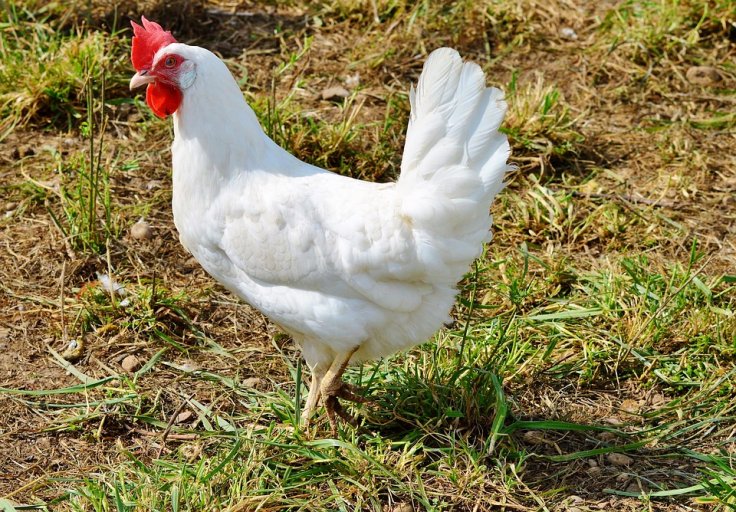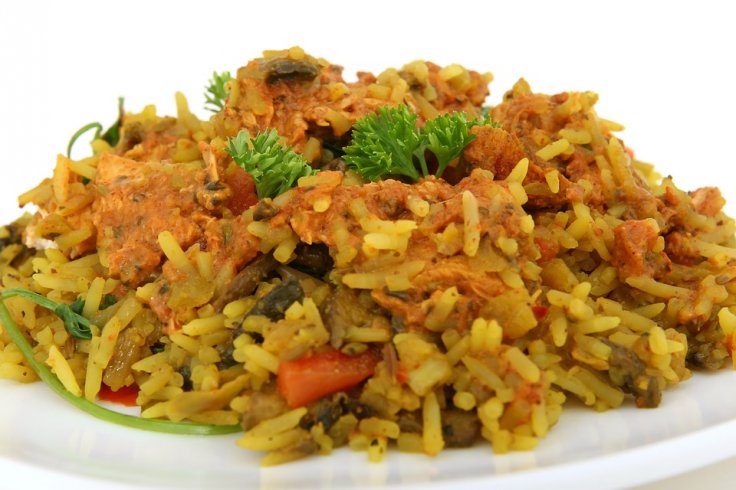Singapore is bracing to deal with a cuisine and culinary shock as Malaysia has announced a ban on chicken exports, starting June 1.
More than a third of Singapore's chicken supplies arrive from neighboring Malaysia, where a broad spike in consumer food prices has prompted the government to halt exports of the commodity. For Singaporeans, this will be a rude shock as their national food, chicken rice, will invariably turn more pricey in the aftermath.
Growing Threat of Global Food Shortage
While some restaurants serving the dish have decided to down shutters for a few weeks, until supplies stabilize, others have hiked the prices. Some dealers and restaurants are unaffected as their supplies come from elsewhere. There are also hotels that have turned to the use of frozen chicken in stead of the fresh meat in the face of the supply crunch.

According to Reuters, the export of ban on Malaysian chicken is another sign of the growing threat of global food shortage. A host of factors such as the Ukraine war and extreme weather in some parts of the world have resulted in the food shortage, while the coronavirus pandemic had already stretched the supply chain.
Some people in the food business say that the Malaysian ban will have huge negative impact. "The ban would mean we are no longer able to sell. It's like McDonald's with no burgers," a vendor told the news agency.
Brazil Remains Biggest Supplier
According to the Singapore Food Agency (SFA), as much as 34 percent of the chicken used in the country are imported from Malaysia, while Brazil remains the chief source accounting for 49 percent of the supplies. Some 12 percent of the chicken used in Singapore arrive from the United States.

Malaysia, which is facing soaring prices of chicken amid supply shortages, has decided to offer poultry farmers a subsidy of 729 million ringgit ($166 million), according to Reuters. This is expected to boost supplies, eventually paving the way for stabilization of cost and prices.
According to the Strait Times, the Malaysian food crisis is grave. Apart from chicken, the country is also facing severe shortage of fish supplies, which have crashed nearly 70 percent.
The newspaper says that Singapore imported 73,000 tonnes of chicken from Malaysia last year. This accounted for more than a third of the chicken supplies bought by Singapore. The report cites the Singapore Food Agency saying that chicken is the most widely consumed meat in the island nation, where per capita chicken consumption is pegged at 36kg as of 2020.








